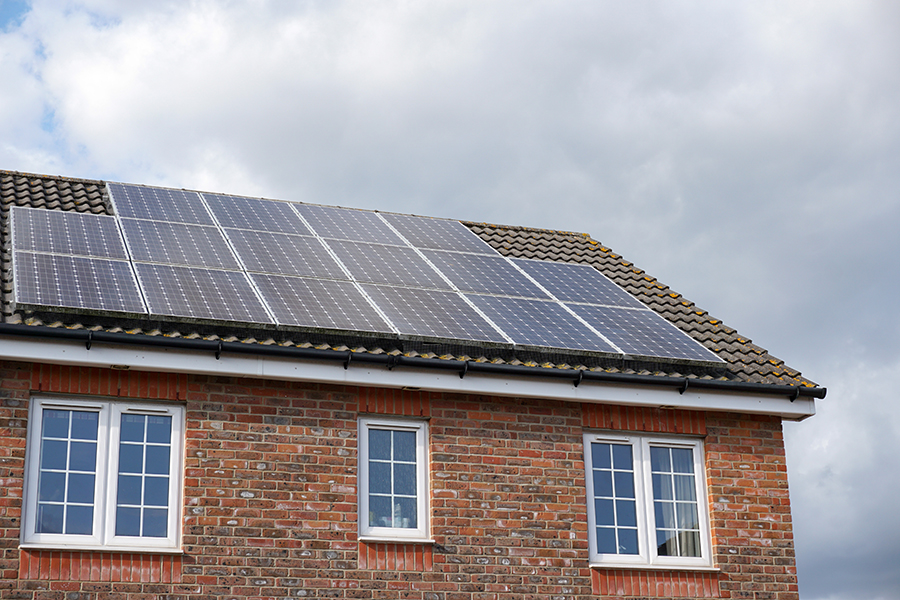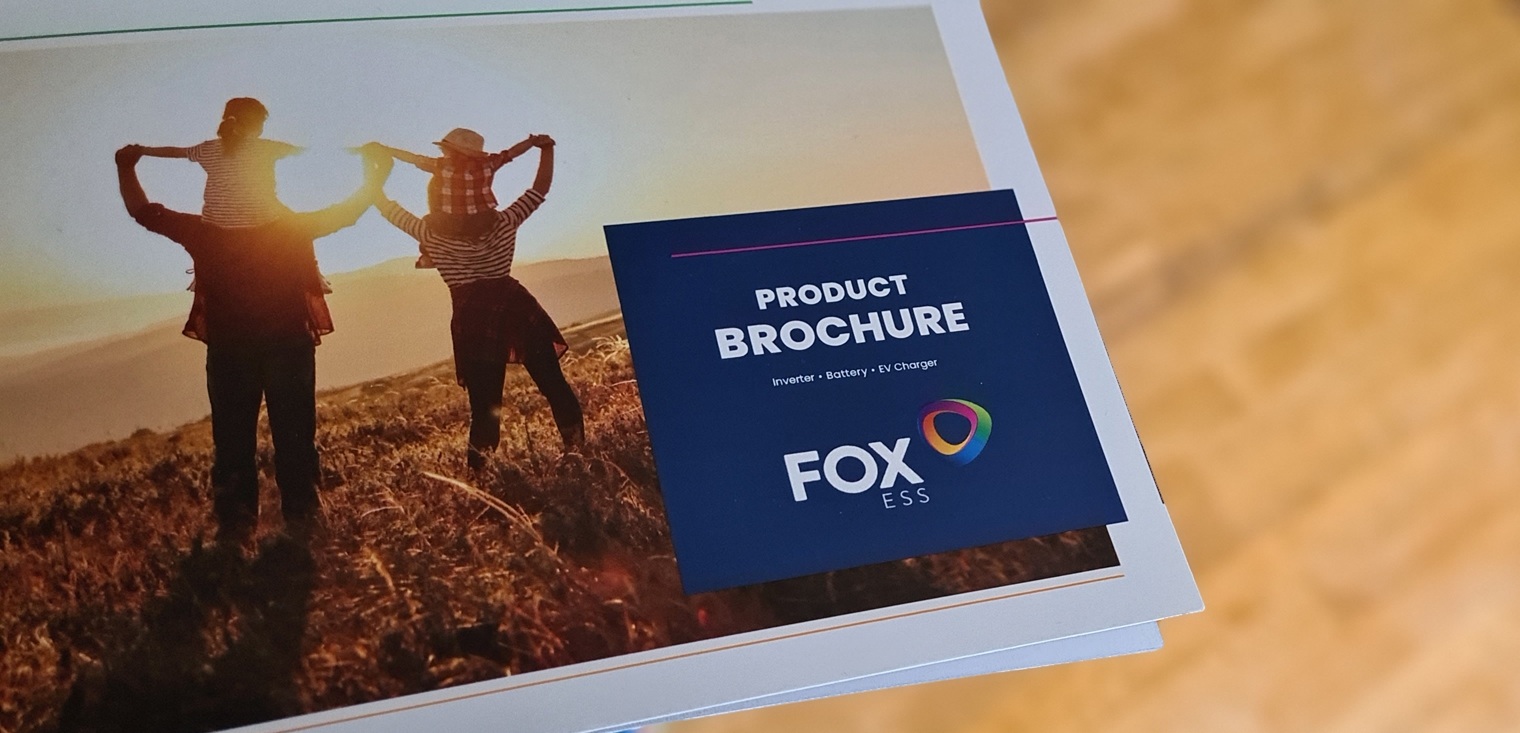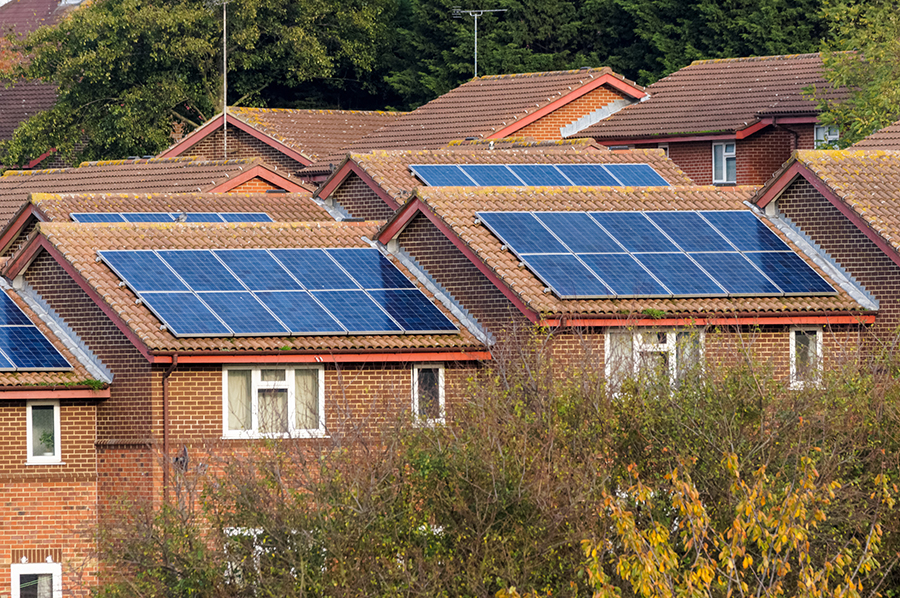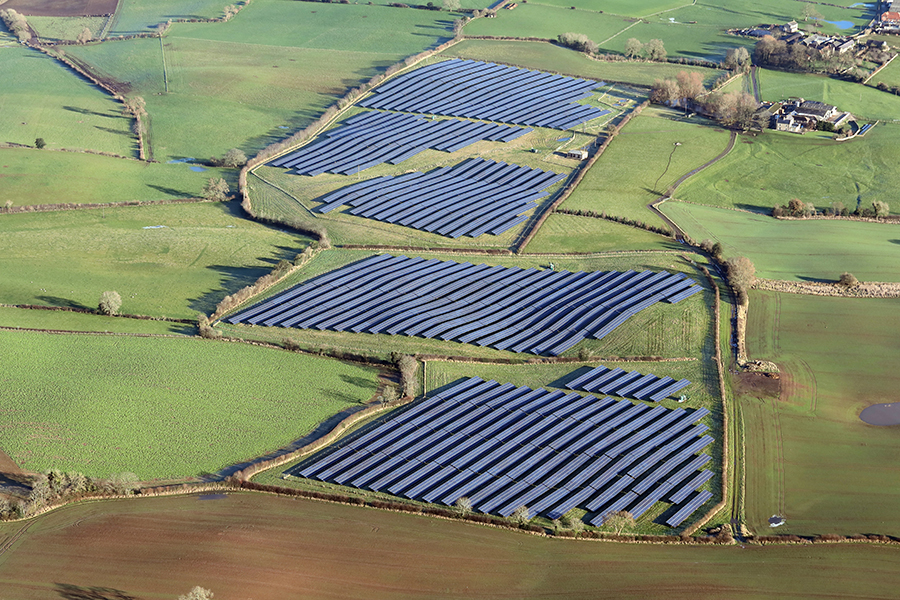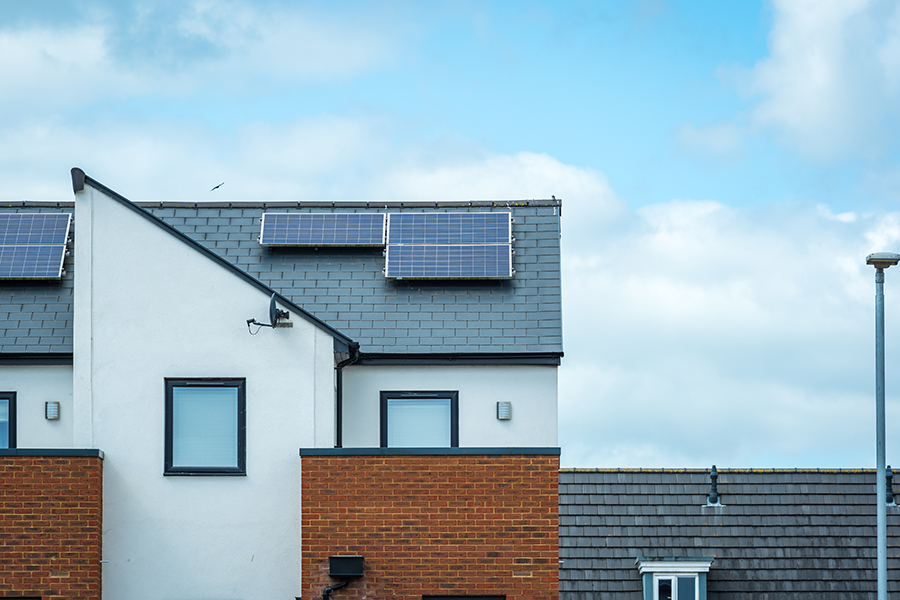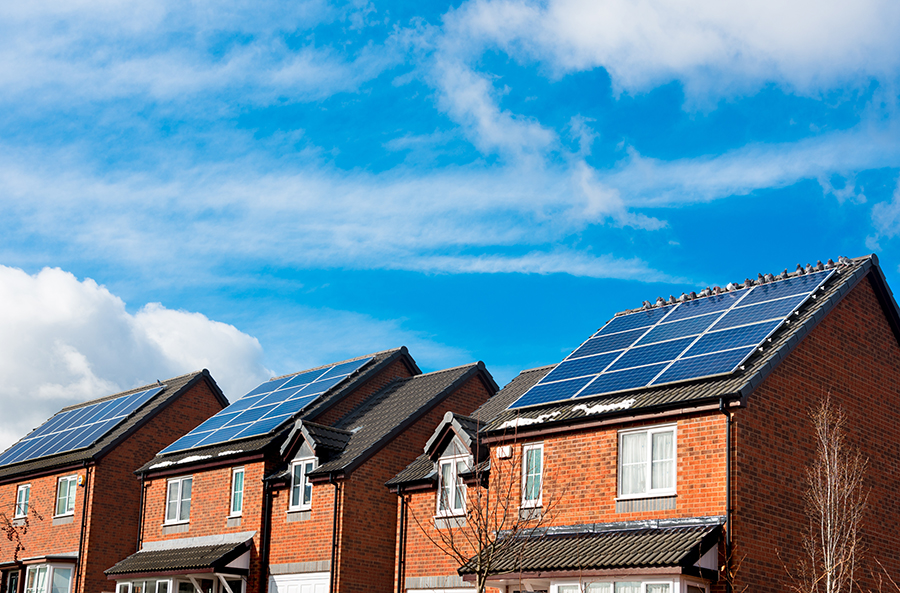The costliest words in solar world right now?
“Nah – I need a loan for that.”
When someone says that they are holding off investing in solar as they need to take a loan– I always ask them if they have done the math?
The answer is always no…
We, your friendly solar nerds, have.
And that £26,223 in the headline?
That’s the profit you’d make AFTER paying off your loan.
In other words, saying no to solar because you need a loan is like not accepting a free vacation because you need to buy a suitcase first…
But where did the £26,223 come from?
I was looking at a quote I received a while ago:
Total investment: £12,595
Annual Production (kWh): 4,800
Your electricity rate (pence): 27p
% energy use (out of total production): 90%
Value of every kWh you sell (pence): 10p
Annual degradation: 0.55%
Annual electrical price increase in UK: 3%
Annual maintenance cost: 0.4%
We compared three ways to finance your solar system:
- Barclays: 5-year home improvement loan (6.5% APR)
- HSBC: 10-year mortgage top-up (4.84% fixed)
- Stone-cold cash
Let’s run the numbers…
GRAPHS
By financing the solar system via a loan, we made a profit of £22,168 (Barclays) or £26,223 (HSBC).
It’s less than paying with cash, but it’s still quite a nice sum.
But let’s complicate it a bit.
Because profit is one thing – cash flow is another.
Now, let’s talk about what matters most – your monthly budget. Think of it like buying a house versus renting.
Instead of paying a landlord forever, solar lets you redirect your monthly energy payments into something you’ll actually own:
ADD: Income from your solar system
SUBTRACT: Fixed loan payment (like a mortgage, but for energy
independence)
= Your monthly benefit
Let’s look at this chart showing your path to energy ownership:
Got cash? Like buying a house outright, you’ll own your power from day one.
Every pound you save goes straight to your pocket.
Going with a loan? Think of it like a mortgage:
- Years 1-10: Monthly payments build YOUR energy equity instead of
paying the utility ‘landlord’ - Years 11-30: System is fully yours – all savings stay in your pocket.
while others keep ‘renting’ from utilities
Think about it: You wouldn’t rent your house forever if you could help it – so why rent your power?
Every utility bill is like paying rent – that money is gone forever. A solar loan payment is like a mortgage – building something valuable that will be yours for decades to come.
I don’t have money in the bank, and I’m unable to get another mortgage?
Well, financing from your solar installer could be a decent deal.
But, read the fine print carefully.
The numbers look great, Alex! But how realistic is this scenario?
I would say that it’s a conservative scenario. For example, we have calculated a yearly increase of 3% in the price of power. The last 10 years, it has been 5,9% yearly.
Using a price increase of 5,9%, your profit would increase to over £40,000….
Things don’t always go perfectly, so what could go wrong?
Your panels might produce less power than expected. As long as you have chosen a serious and trustworthy installer that risk is minimal.
Equipment can fail. But quality panels and inverters come with long warranties meaning that the risk is quite low. Choose a well-established brand with a service department and a big footprint in the UK will further decrease this risk.
Worried about your roof? Well, make sure that your roof is in a good condition before installing solar on it. Nothing good will come out from installing a good solar system on a bad roof. Serious installers are always insured and provide workmanship warranties protecting your roof.
For the financial side, fixed-rate financing protects you from rising interest rates.
Selling your house? Typically, solar adds quite a lot of value on your house (if the installation is done by a reputable company). So, unless you move quite soon after the installation, the value added on the house will probably be higher than the remaining loan balance.
Meh… what if I only can get financing with a higher rate?
No worries, use our solar savings calculator and run your own numbers.
But what about the inflation?
What about it? High inflation actually works in your favor when financing your solar installation with a loan.
Your fixed loan payments become easier to make as money devalues, £100 today is worth less than £100 three years ago…
At the same time energy prices continue to rise over time. This means that over time your produced kWh becomes more valuable.
Think of your financed solar system as a shield that protects you from future more expensive energy prices.

